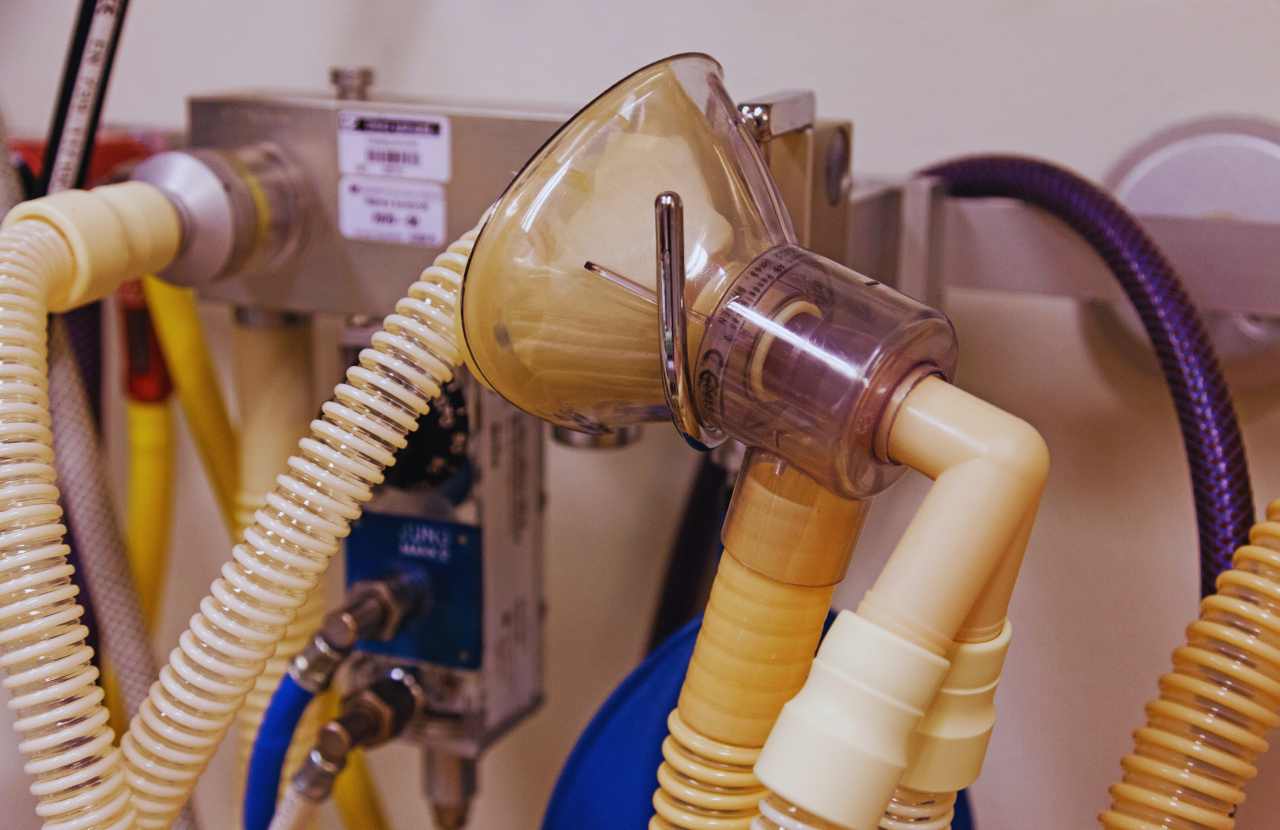If you’ve ever wondered why is nitrous oxide contraindicated in patients with copd, you’re not alone. It turns out that this common anesthetic can stir up some trouble for people dealing with chronic obstructive pulmonary disease. When it comes to using nitrous oxide in COPD patients, it’s all about understanding the risks and how it can mess with their breathing. Let’s dive into why nitrous oxide is a not-so-great idea for those with COPD and what it does to their lungs and overall well-being.
So, why is nitrous oxide a red flag for COPD patients? The main issue is that it can mess with their oxygen levels. See nitrous oxide can cause what’s called diffusion hypoxia, which temporarily lowers the oxygen levels in the blood. For folks already dealing with COPD and struggling to breathe easily, this drop in oxygen can make things even worse, potentially triggering respiratory distress and making their COPD symptoms go haywire.
Another problem is that nitrous oxide can crank up the resistance in the airways, messing with the airflow of people with COPD. That extra resistance can really throw a wrench into their breathing, making it tough for them to catch their breath. So, to keep things smooth sailing for folks with COPD, healthcare pros steer clear of using nitrous oxide and opt for safer options instead.
Why is Nitrous oxide Contraindicated in Patients with COPD?
Here’s why nitrous oxide can cause issues for people with COPD. It’s all about understanding the risks and how it can mess with their breathing.
Oxygen Levels at Risk
Nitrous oxide can mess with the oxygen levels in the blood, causing what’s known as diffusion hypoxia. For people dealing with COPD who are already working hard to breathe, this drop in oxygen can make things even tougher. It can lead to respiratory distress and make their COPD symptoms go haywire.
Airway Resistance Ruckus
Nitrous oxide can crank up the resistance in the airways, making it harder for folks with COPD to catch their breath. It’s like adding an extra hurdle for their air to flow through, and that’s the last thing they need. With their already compromised breathing, this extra resistance can really mess with their ability to get the air they need.
Caution is Key
Because of these effects, healthcare pros play it safe and avoid using nitrous oxide in COPD patients. They don’t want to stir up more trouble for their breathing or make their COPD symptoms worse. So, when it comes to keeping things smooth sailing for folks dealing with COPD, nitrous oxide is a no-go, and safer options are the way to go.
Why is Nitrous oxide Contraindicated in Gastrointestinal Surgeries?
Here’s why nitrous oxide isn’t the go-to choice for gastrointestinal surgeries. Let’s explore the reasons behind this cautious approach and the potential impact on surgical outcomes.
Risk of Bowel Distention
Nitrous oxide can lead to the expansion of gas-filled spaces within the body, which is not ideal during gastrointestinal surgeries. This expansion can cause the bowels to distend, posing potential complications and hindering the surgical process.
Potential for Increased Pressure
The use of nitrous oxide can increase intra-abdominal pressure, which is a concern during gastrointestinal surgeries. Elevated pressure in the abdominal cavity can interfere with the surgical field, impact blood flow, and potentially lead to adverse outcomes.
Caution in Gastrointestinal Surgeries
Due to these effects, healthcare providers exercise caution and avoid the use of nitrous oxide in gastrointestinal surgeries to prevent the risk of bowel distention and increased intra-abdominal pressure. Opting for alternative anesthetic agents helps maintain a more stable surgical environment and minimizes the potential for complications during procedures involving the gastrointestinal tract.
Final Words
In conclusion, the contraindication of nitrous oxide in patients with COPD is rooted in the potential risks it poses to their respiratory function. Understanding why nitrous oxide is contraindicated in patients with COPD helps healthcare providers make informed decisions to safeguard the well-being of individuals with compromised respiratory health. By recognizing the adverse effects of nitrous oxide in this patient population, healthcare professionals can prioritize safer anesthetic options, thereby minimizing the potential for exacerbating respiratory distress in COPD patients.

